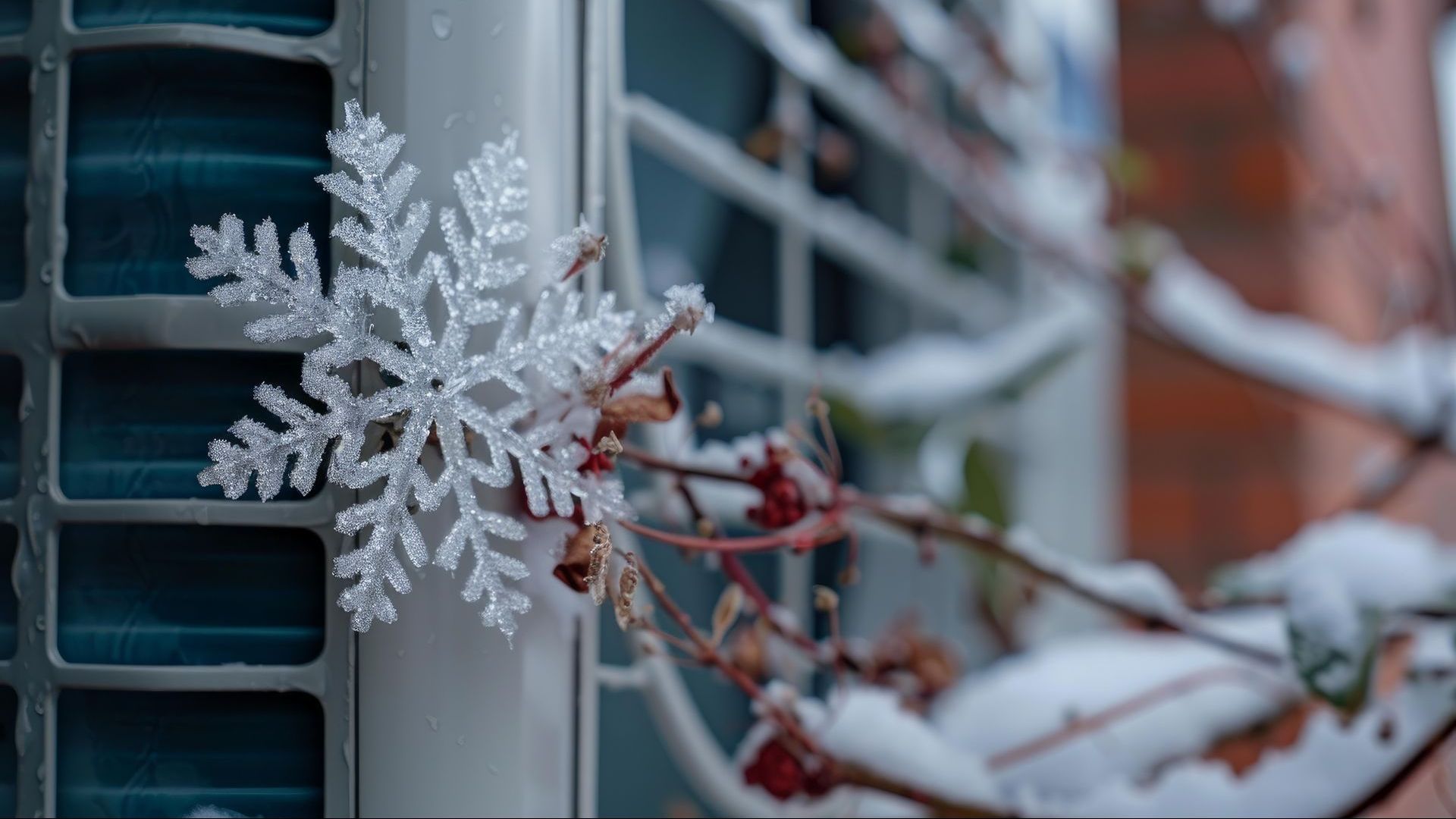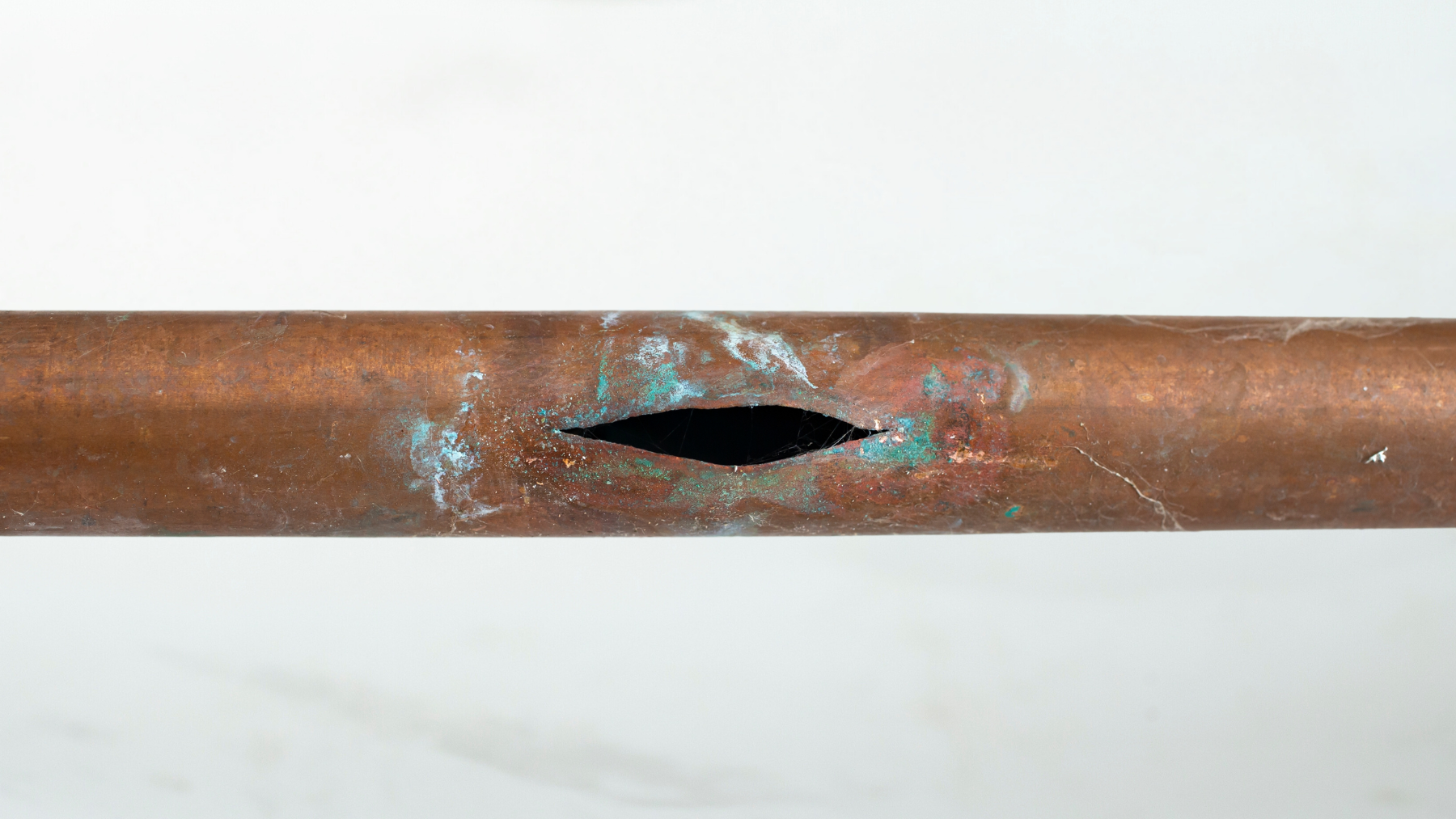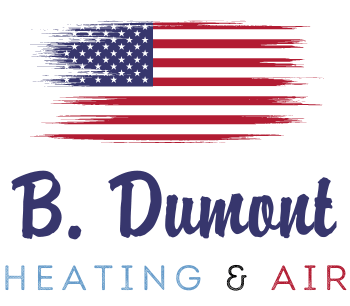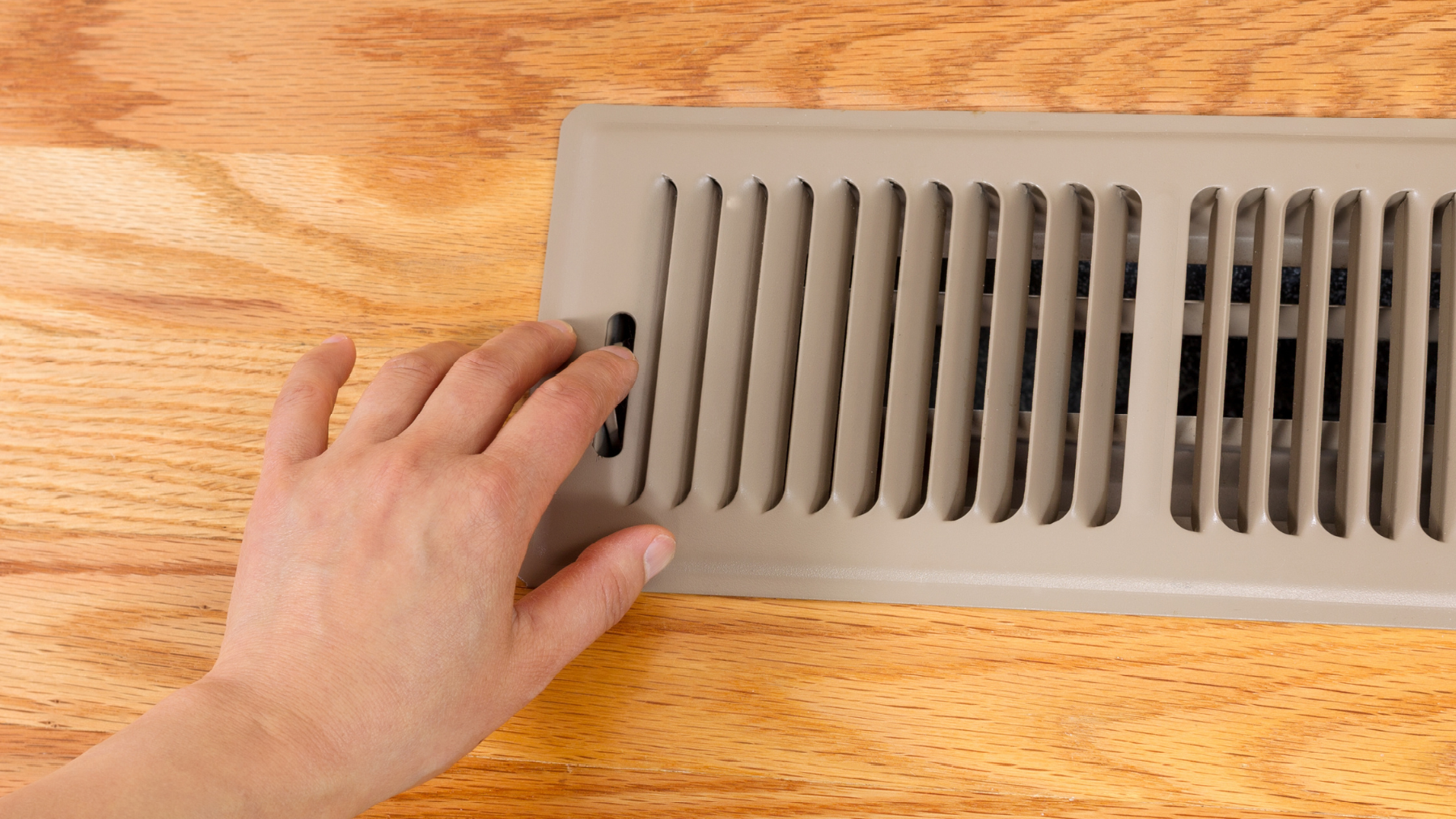Preventing Sun Damage to Your HVAC System and Energy Bill
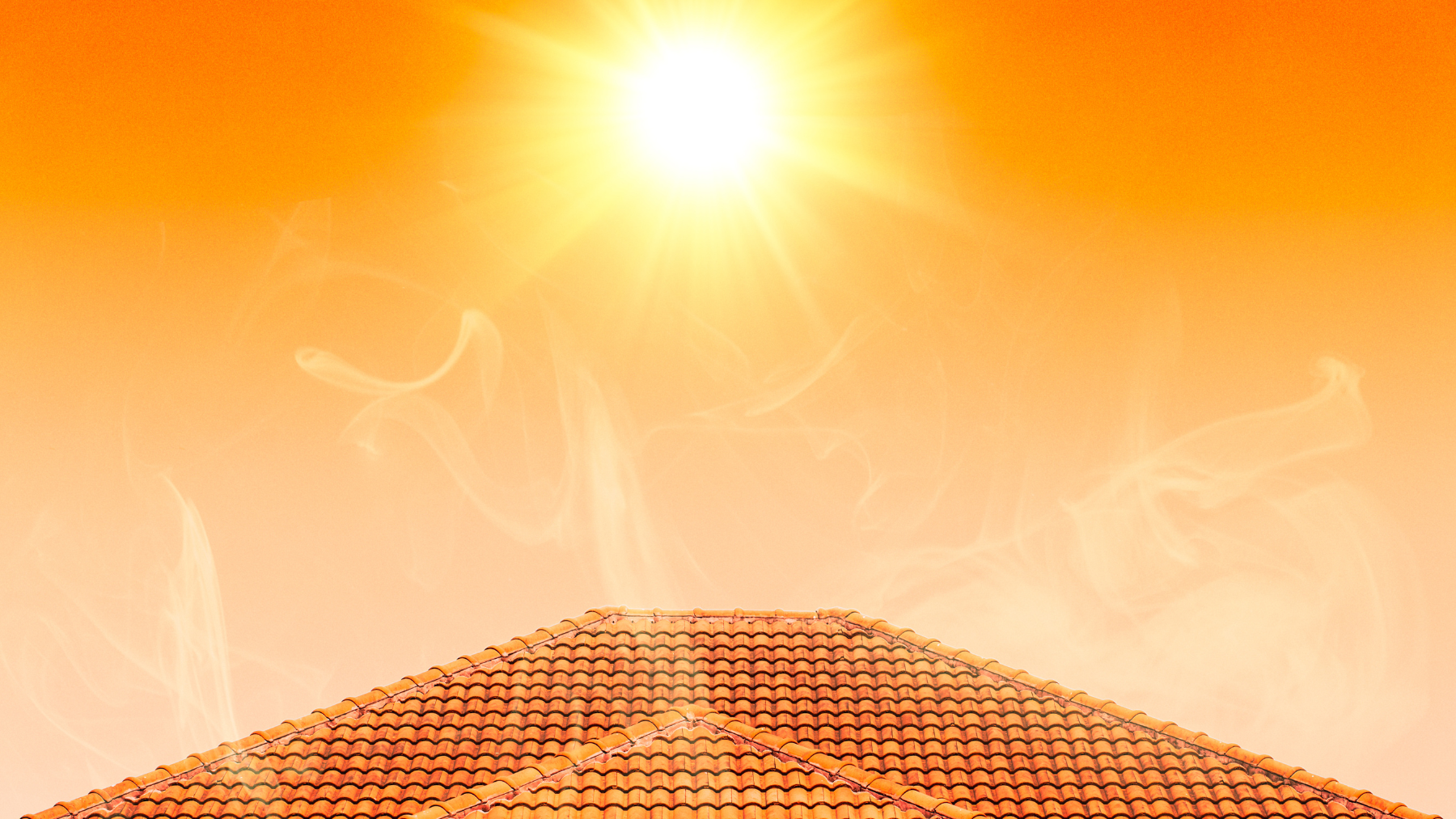
Your HVAC unit works hard to keep your home comfortable, but did you know that it can also suffer from sun damage? The sun’s UV rays can cause significant wear and tear to your HVAC system, leading to costly repairs or even premature replacement. Below is a break down of some of the effects of sun damage on your HVAC unit and tips for protecting it from the sun’s harmful rays.
UV rays can cause a variety of problems for your HVAC unit, including:
Fading and cracking of exterior components:
Exposure to the sun's harsh UV rays can gradually deteriorate the paint finish, causing it to fade over time, while also promoting the breakdown of plastic components like brackets, gaskets, and hoses. The prolonged heat exposure can compromise the integrity of wiring, causing it to fray and potentially disrupt the system's functionality, making it not only less appealing aesthetically but also compromising its overall efficiency and performance.
Reduced efficiency:
When your HVAC unit is constantly exposed to direct sunlight, especially during the hot summer months, it must work tirelessly to cool your home. This increased workload not only puts more strain on the system but also leads to a spike in energy consumption, ultimately resulting in higher utility bills for you.
Overheating:
If your HVAC unit is consistently exposed to direct sunlight for an extended period of time, especially during the hotter months of the year, it can overheat, leading to potential compressor failure and the need for potentially costly AC repair services. Furthermore, this prolonged exposure to sunlight not only increases the risk of overheating but also forces your unit to work harder to maintain a comfortable temperature in your home or business, potentially driving up energy costs as well.
Ways to Prevent Sun Damage to Your HVAC Unit:
Shade your HVAC unit:
One of the most effective strategies to shield your HVAC unit from the harmful effects of sun exposure is to ensure that it is shaded from direct sunlight. Research has demonstrated that even a mere few hours of direct sunlight can result in a noticeable uptick of at least 10% in your monthly energy expenses. When contemplating the installation of an HVAC system, it is prudent to seek out a site that is naturally sheltered from direct sunlight to allow your unit to operate with optimal efficiency. In the event that a shaded area is not readily available, a good alternative is to plant trees or shrubs that can provide the necessary shading. Just make sure you leave sufficient space for routine repair and maintenance tasks to ensure the longevity and effectiveness of your HVAC system.
Place your thermostat away from direct sunlight:
Proper placement of the thermostat is essential for optimal temperature control in your home. It's important to avoid direct sunlight, as exposure to the sun’s rays can lead to inaccurate readings. This could result in your HVAC unit working harder than needed to maintain a comfortable climate. To ensure precise temperature measurement and efficient operation, the thermostat should be centrally situated in a room, away from any sources of heat or drafts, such as open windows. By positioning it effectively, the thermostat can relay the correct temperature information to the outdoor unit, allowing it to effectively regulate the indoor climate throughout the seasons, keeping your home cool in summer and warm in winter.
Schedule regular repair and maintenance:
Regular repair and maintenance are essential steps to minimize the impact of sun damage on your HVAC unit and extend its longevity. By scheduling routine inspections with a skilled technician, you not only ensure that potential issues are detected early but also prevent minor problems from escalating into costly repairs. These maintenance tasks may range from clearing debris around the unit to meticulously cleaning off dust accumulation. The technician may even inspect the unit for any faulty wires or components that might hinder its performance. This approach to HVAC care is crucial to promoting efficiency and reliability in your system.
If you’re in need of HVAC services, including installation or maintenance of your HVAC units, contact us today for more information or to schedule an appointment. Our team of experienced technicians can help you protect your HVAC unit from sun damage and keep it running smoothly for years to come. Don’t wait until it’s too late – contact us today for all your HVAC needs!
CONTACT US
